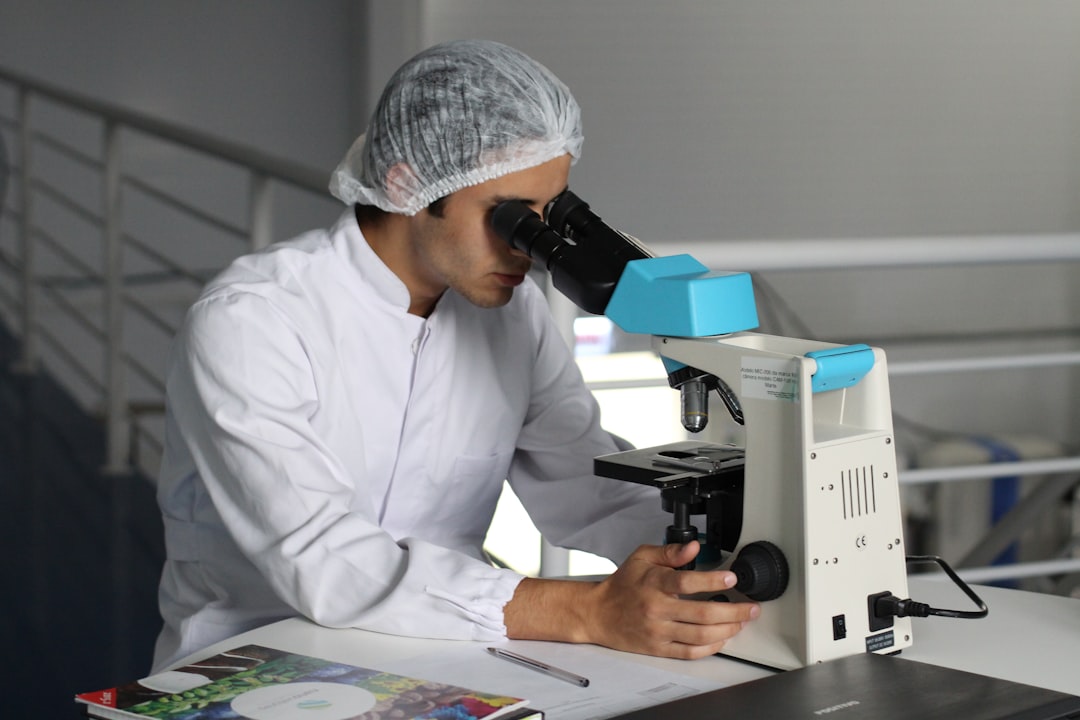What is it about?
Osteoarthritis is the largest unmet clinical need in rheumatology. The disease is estimated to affect 1 in 7 adults and is increasing in prevalence worldwide. Despite this, there are currently no approved disease modifying treatments due to the complexity of the pathology and pharmacokinetics of synovial joints. The present study evaluates a gene therapy approach to treating osteoarthritis be delivering a copy of the FGF18 gene to increase expression of this naturally occurring protein in the affected joints. The study demonstrated decreased cartilage damage and protection of subchondral bone, the tissue immediately below the lubricious cartilage surface. The treatment also appeared to be highly localized to the injection site and durable over the full timecourse of the study.
Featured Image

Photo by CHUTTERSNAP on Unsplash
Why is it important?
The study builds upon prior work, which demonstrated the potential efficacy of repeat FGF18 protein injections in generating cartilage, preventing knee replacements, and delaying progression of pain symptoms. However, unlike the previously reported approach, which demonstrated efficacy with up to 12 injections per year in bi-lateral osteoarthritis, the currently proposed treatment offers hope of a single injection cure.
Perspectives
Having developed a number of palliative treatments for osteoarthritis and subchondral bone lesions in the past, it was particularly encouraging to see the results of this study - which, for the first time, offers the potential to provide a single injection disease modifying treatment for osteoarthritis.
Alexei Goraltchouk
Remedium Bio, Inc.
Read the Original
This page is a summary of: Single Injection AAV2-FGF18 Gene Therapy Reduces Cartilage Loss
and Subchondral Bone Damage in a Mechanically Induced Model of
Osteoarthritis, Current Gene Therapy, January 2024, Bentham Science Publishers,
DOI: 10.2174/0115665232275532231213063634.
You can read the full text:
Contributors
The following have contributed to this page










